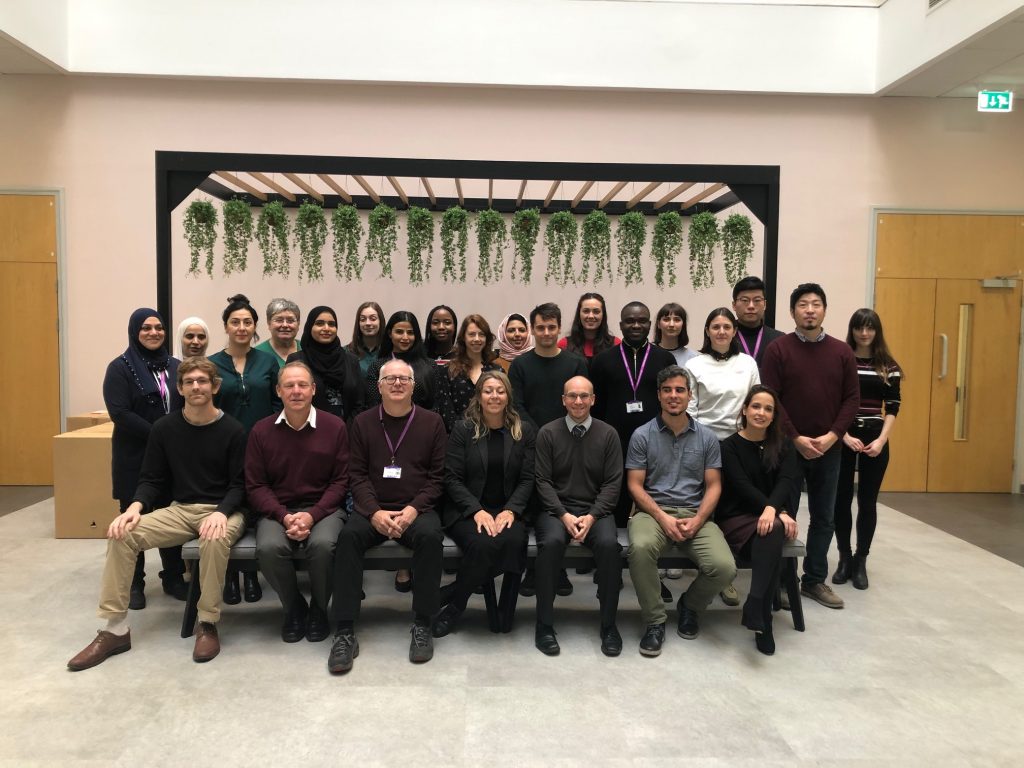
MFIG’s origins and mission
Fungal diseases kill more people annually than TB or malaria, but are very poorly understood.
Resistance to frontline antifungal agents is a growing public health concern and fungal infections are thought to contribute significantly to morbidity in influenza and COVID-19.
The Manchester Fungal Infection Group was founded in 2013 with the objective to improve our understanding and reduce the burden of human fungal diseases.
Supported by a £2.5 million investment from The University of Manchester, MFIG brings together established groups from across the UK in a state-of-the-art research facility with clinicians at the National Aspergillosis Centre (NAC) and clinical analysts from the Mycology Reference Centre Manchester (MRCM).
Manchester has grown to become one of the largest centres in the world for research and treatment of fungal respiratory and mucosal diseases. Over the last five years, MFIG has received over £6.5 million in funding from a number of organisations including:
- Medical Research Council
- National Institute for Health Research
- Wellcome Trust
- European Union
- National Institutes of Health
- Fungal Infection Trust
- Commercial research partners
Through this work and that of our collaborators in the NAC and MRCM, we have made significant advances in understanding the global burden of fungal disease, identifying how and why antifungal resistance emerges, and understanding why some people are more susceptible to fungal infection than others.
Our work has been pivotal in the development novel diagnostics and has helped improve the way existing diagnostics are implemented.
We have also identified novel ways of targeting fungal infection and are developing new treatments.




0 Comments